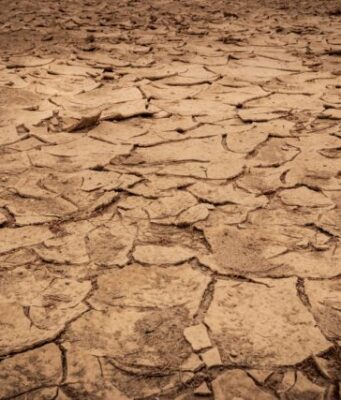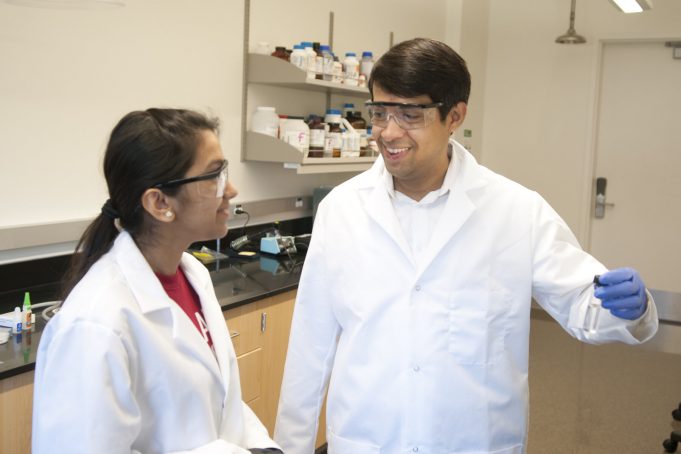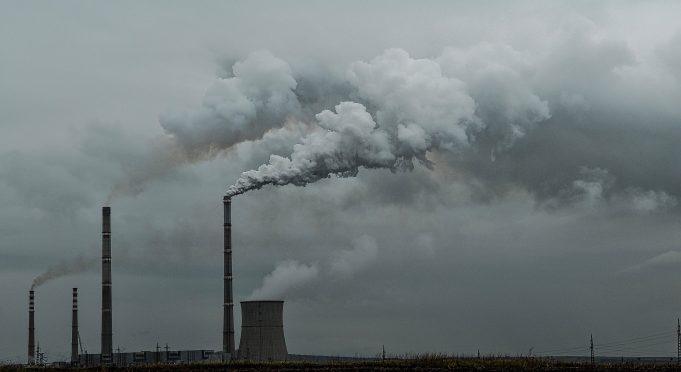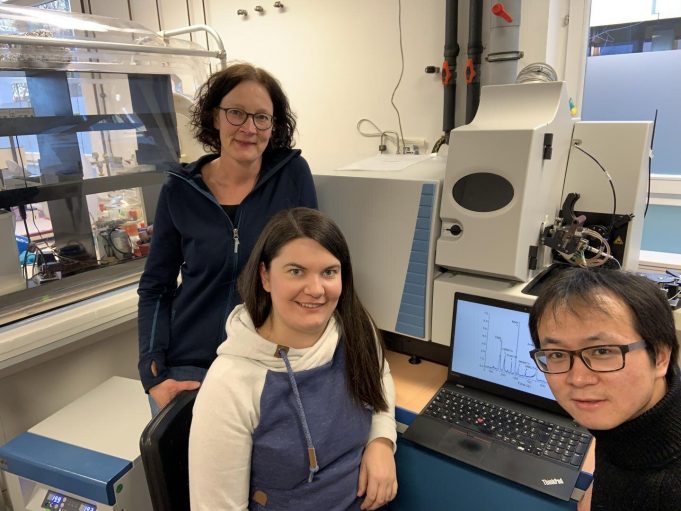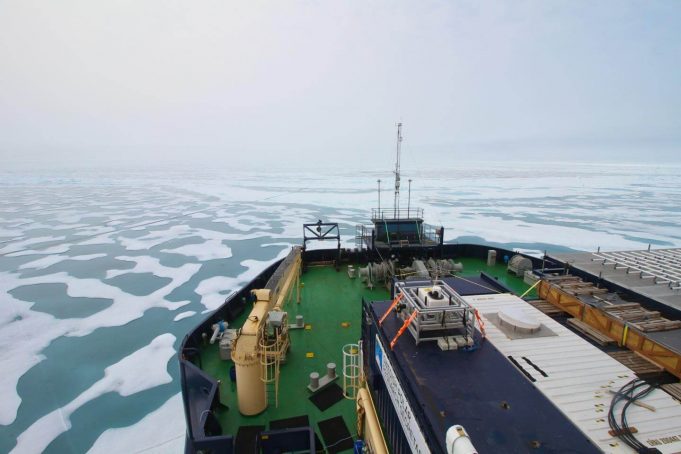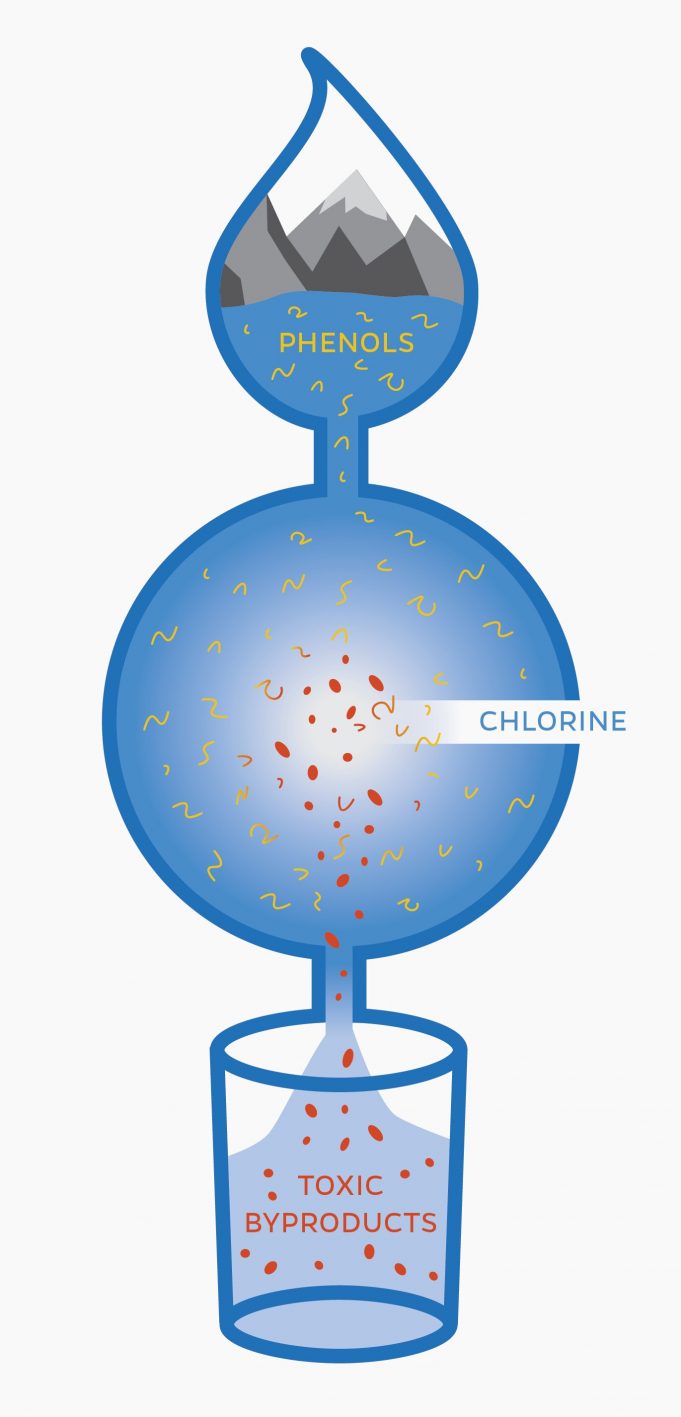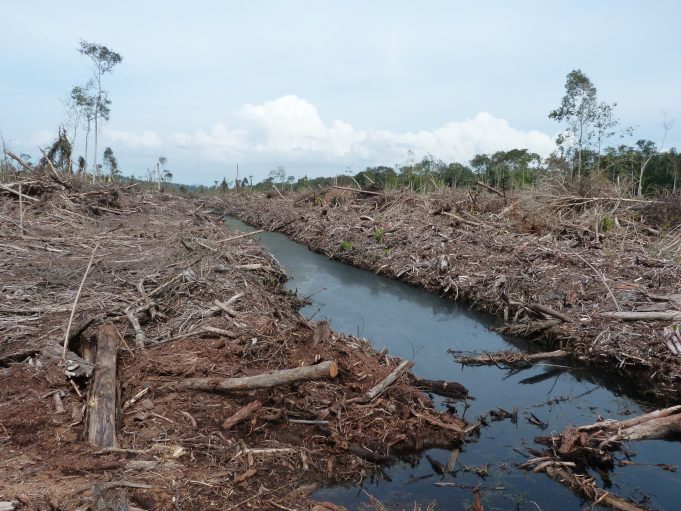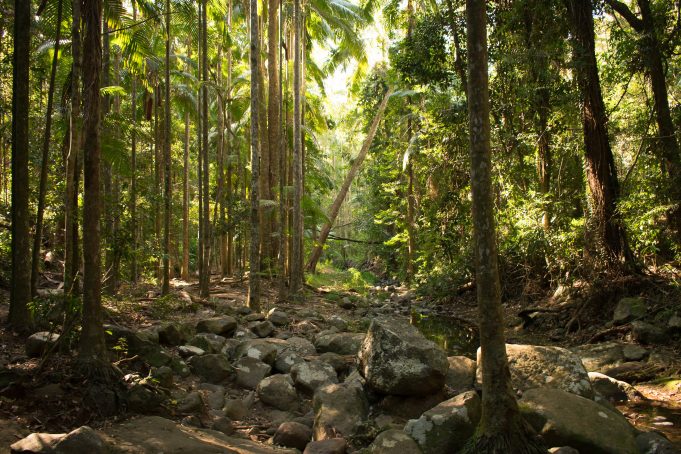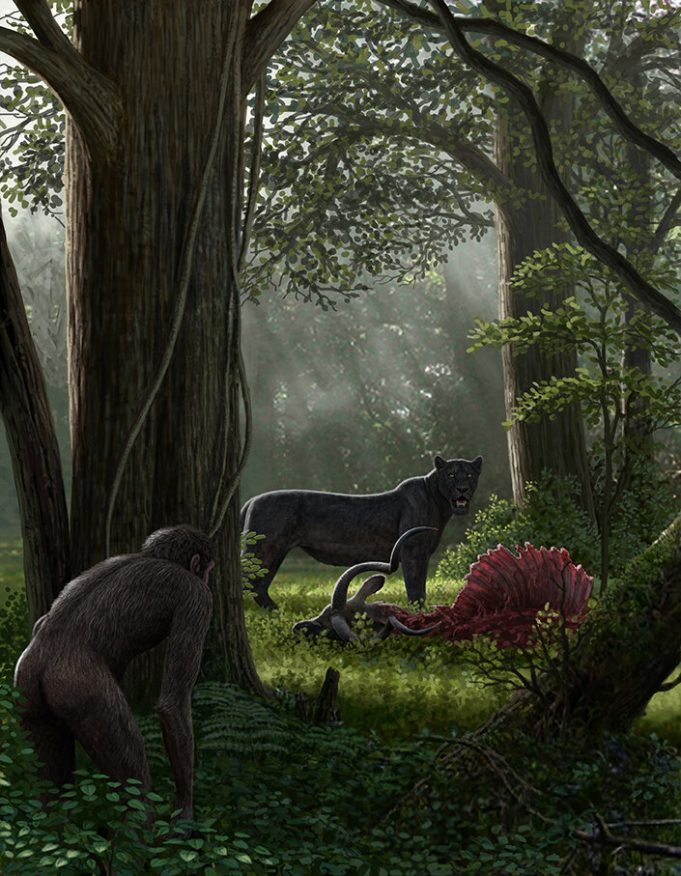Growing fruit and vegetables in just 10 per cent of a city's gardens and other urban green spaces could provide 15 per cent of the local population with their 'five a day', according to new research.
In a study published...
A LEGO brick could survive in the ocean for as many as 1,300 years, according to new research.
A study led by the University of Plymouth examined the extent to which items of the ever-popular children's toy were worn down...
A Washington State University research team has found that nanoscale particles of the most commonly used plastics tend to move through the water supply, especially in fresh water, or settle out in wastewater treatment plants, where they end up...
More than half of all air-quality-related early deaths in the United States are a result of emissions originating outside of the state in which those deaths occur, MIT researchers report in the journal Nature.
The study focuses on the years between...
University of Bayreuth researchers, together with scientists from Italy and China, have for the first time systematically investigated under which conditions, and to what extent, sulphur-containing arsenic compounds are formed in rice-growing soils. To date, these thioarsenates have not...
New research techniques are being adopted by scientists tackling the most visible impact of climate change—the so-called greening of Arctic regions.
The latest drone and satellite technology is helping an international team of researchers to better understand how the vast, treeless regions...
A new study, lead by researchers at Stockholm University and published in Science Advances, now demonstrate that the amount of methane presently leaking into the atmosphere from the Arctic Ocean is much lower than previously claimed in recent studies. Methane...
Mixing drinking water with chlorine, the United States' most common method of disinfecting drinking water, creates previously unidentified toxic byproducts, says Carsten Prasse from Johns Hopkins University and his collaborators from the University of California, Berkeley and Switzerland.
The researchers'...
New research has found preparing land for palm oil plantations and the growth of young plants causes significantly more damage to the environment, emitting double the amount of greenhouse gases than mature plantations.
This is the first study to examine...
River flow is reduced in areas where forests have been planted and does not recover over time, a new study has shown. Rivers in some regions can completely disappear within a decade. This highlights the need to consider the...
The human-caused biodiversity decline started much earlier than researchers used to believe. According to a new study published in the scientific journal Ecology Letters the process was not started by our own species but by some of our ancestors.
The work was...


